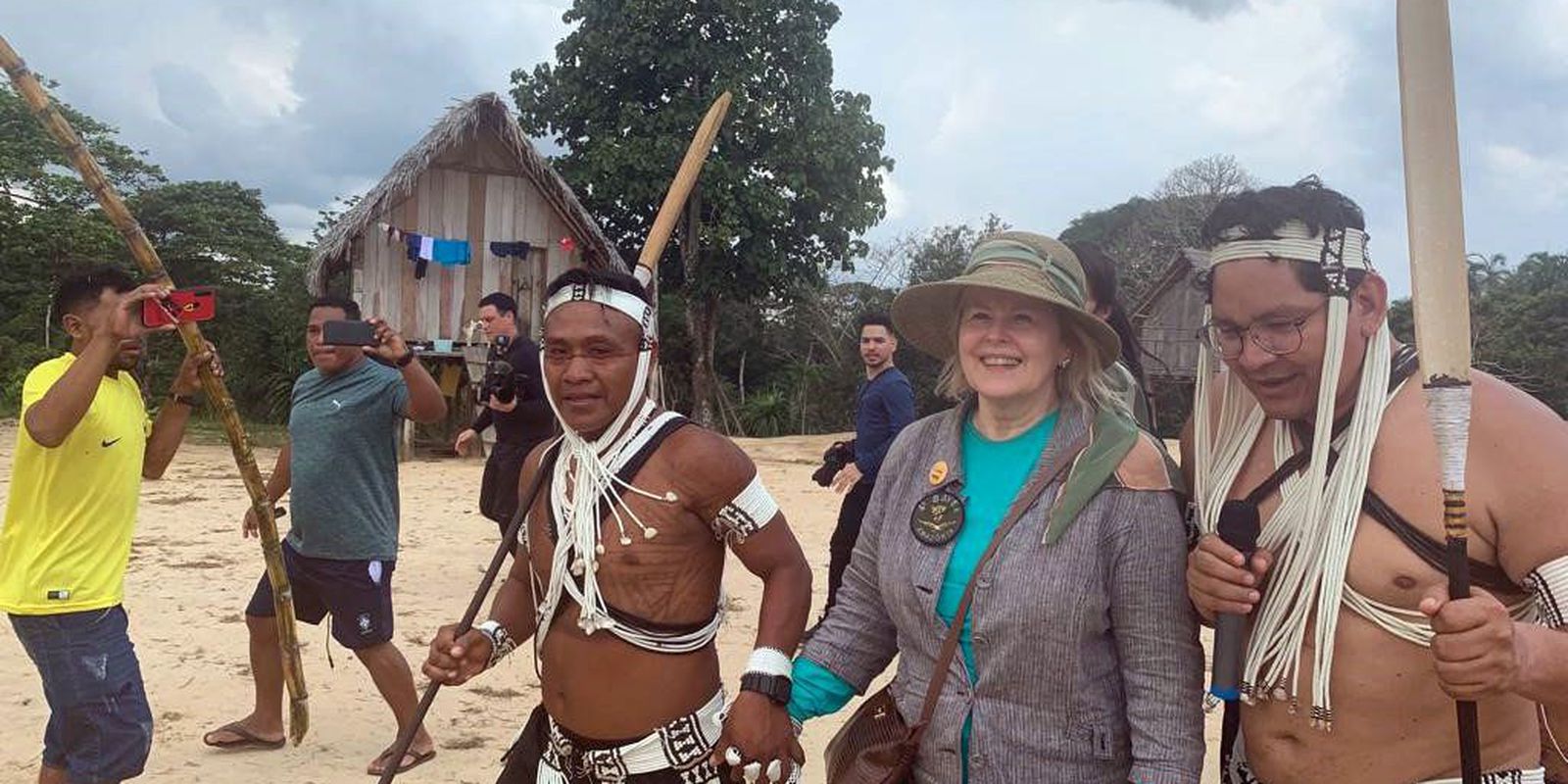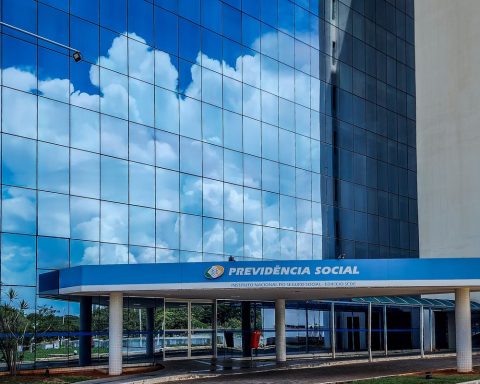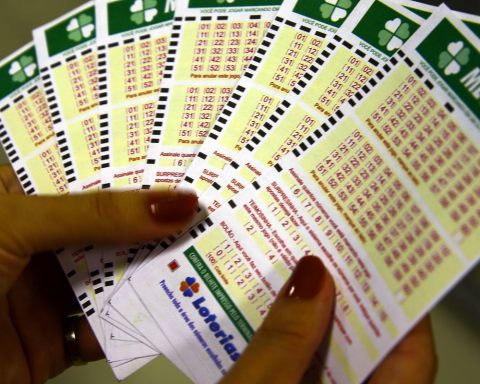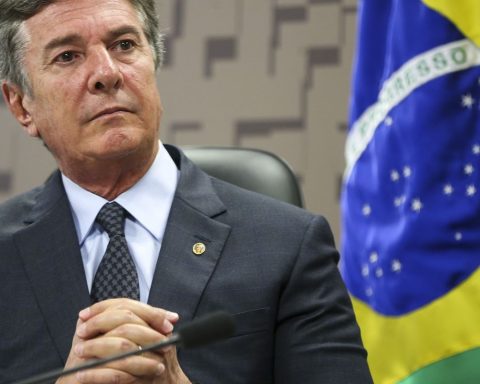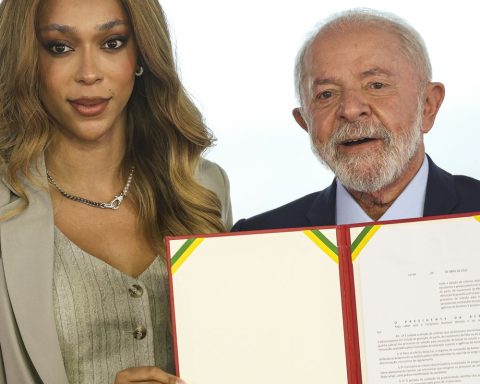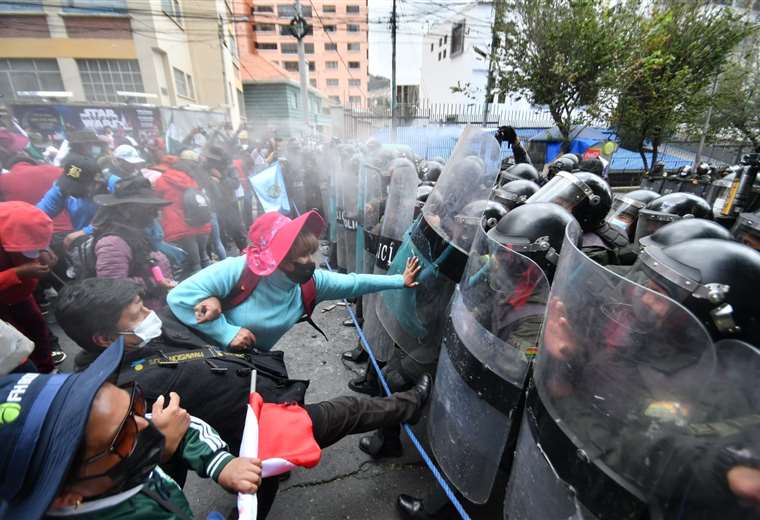The president of the Federal Supreme Court (STF), Rosa Weber, promised, during a visit to an indigenous village, that the judgment on the time frame for the demarcation of indigenous lands will be resumed in the first half of the year.

As President of the Court, Rosa Weber is responsible for drawing up the agenda for the plenary’s judgments. The case is discussed in an extraordinary appeal, with recognized general repercussions, that is, which will serve as a parameter for all other similar processes.
When visiting the Aldeia Paraná, of the Marubo people, in Vale do Javari (AM), the minister heard complaints and requests from the indigenous people. In a document prepared by the Union of Indigenous Peoples of the Javari Valley (Unijava), and read by the leaders, it was requested that the Supreme Court resolve the issue of the time frame.
“We ask that the Federal Supreme Court adopt the correct interpretation of the Federal Constitution, which guarantees that the federal government protects our territory. Before 1500 we were already here, we cannot be subject to a timeframe”, says the document. “The non-approval of the temporal framework thesis is important for the maintenance of the rights conquered by the indigenous movement throughout history”, adds the text.
According to the Supreme Court, Rosa Weber heard from the indigenous people about death threats by miners. “They thanked the State for its presence in the village, affirmed that they had great respect for the STF, but asked the Court to ensure that indigenous rights were put into effect in practice”, says a note from the court.
In January, the president of the STF had already indicated that he would put the issue of the time frame on trial during his tenure in office. She retires in October, on her 75th birthday, when she reaches the mandatory retirement age.
Thesis
In the judgment, the justices discuss the thesis, defended by landowners, that the indigenous people would only be entitled to territories that were effectively occupied on October 5, 1988, the date of enactment of the Federal Constitution, or that were already in judicial dispute this time.
The process that motivated the discussion deals with the dispute over the ownership of the Ibirama Indigenous Land, in Santa Catarina. The area is inhabited by the Xokleng, Kaingang and Guarani peoples, and ownership of part of the IL is questioned by the state attorney’s office.
The score of Judgment is tied 1-1. The case’s rapporteur, Minister Edson Fachin, voted against the time frame for the demarcation of indigenous lands. Minister Nunes Marques, on the other hand, opened a divergence in favor of the time frame to limit the expansion of indigenous lands in the country.
